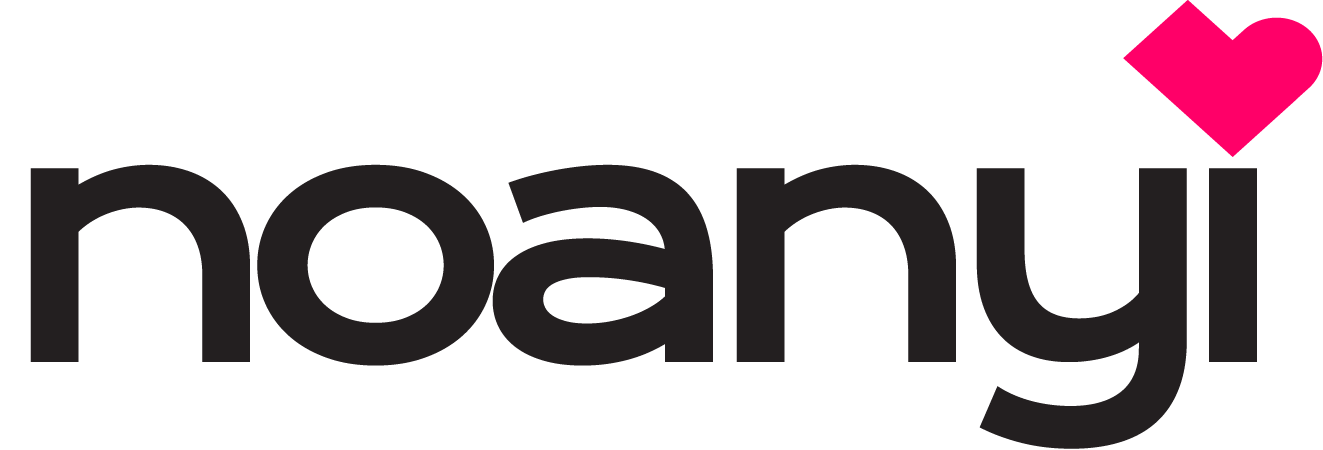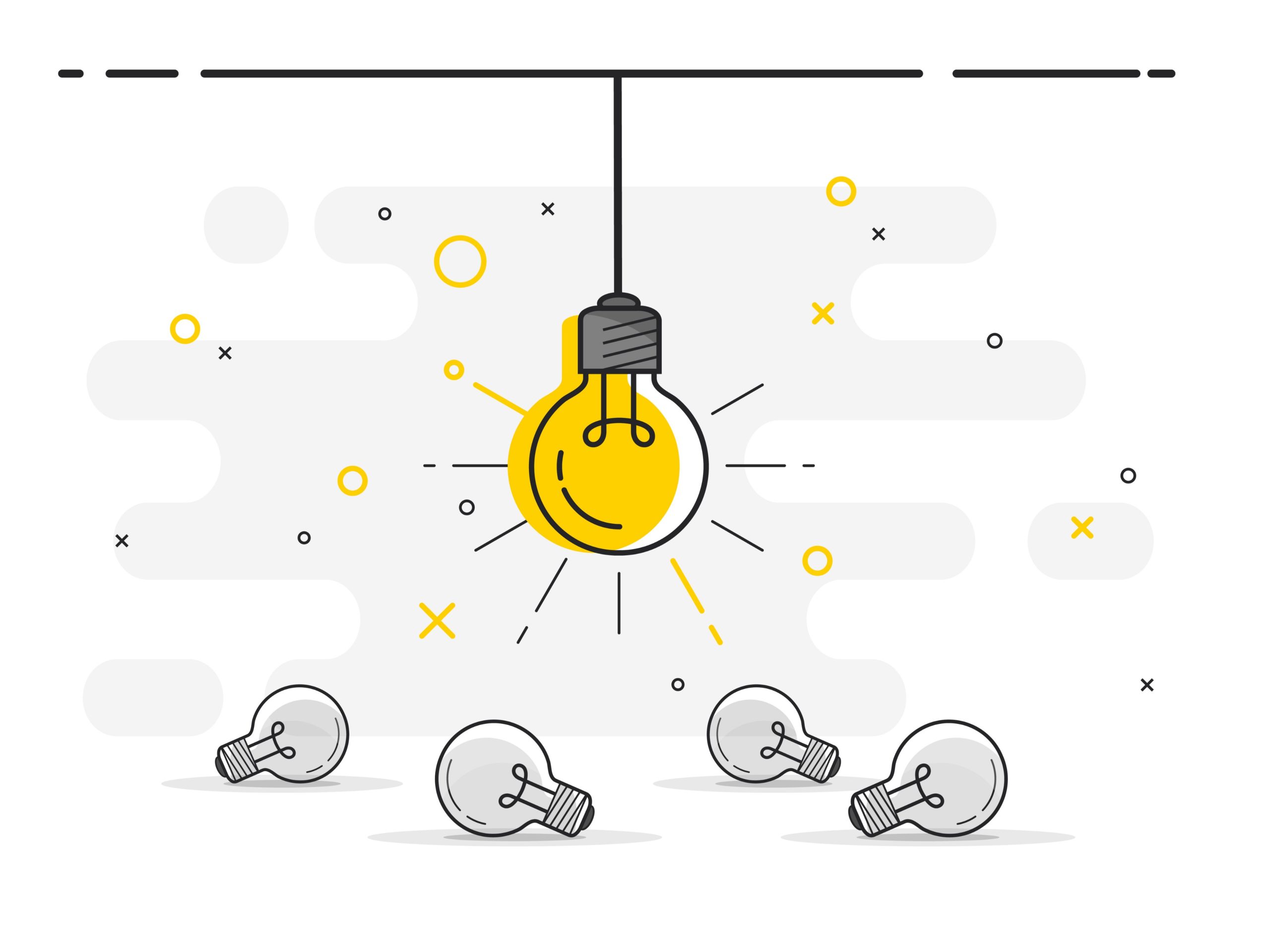
Ready to own a house but not sure about your home finance options? There are four main financing options when it comes to acquiring a home in Ghana. These are outright payment, rent-to-own, remittances from abroad and mortgages.
Outright payments are straightforward. Once a price is negotiated, the future homeowner pays the developer or landlord the full amount and is ready to move in immediately or as soon as the property is ready in the case of pre-sale. These types of purchases are encouraged and the latter (pre-sales) is especially cheaper overall. It’s cheaper because developers price developments lower at this level and also offer different types of discounts at this stage. A good example is the up to 25% discount on Solaris Luxury Apartments that is presently running by Swami India Ghana Limited.
Rent-to-own is a similar but different approach to owning a home. This involves renting out the place for a period until an agreed amount of money is paid to the landlord for the tenant to own the property. This is essentially paying for the house in instalments with no substantial interest. Here, the tenant already lives in the property and pays rent while preparing to finally own the property.
Remittances from abroad are useful when building a house. Here, family members abroad (typically in the US, Canada, UK and Germany) send money periodically home to a trusted family person to fund the purchase/building of a house. This method runs the risk of not getting what you paid for, or worse, family members running away with the money.
Buying a house is no small investment. This is why it can be difficult to make an outright payment on a house. This is where mortgages and home financing institutions help. Property developers work with banks and other finance institutions to make home owning possible for many. Mortgages are home loans provided by these institutions to help with the purchase.
Home Finance/Mortgage Providers in Ghana
Certified mortgage providers in Ghana include:
- First National Bank (formerly Ghana Home Loans)
- Republic Bank
- Ecobank
- Absa Bank
- Standard Chartered Bank
- Cal Bank
- Fidelity Bank
- Omni Bank
- Bond Financial Services
- Dalex Financing
General Mortgage Eligibility Requirements in Ghana
Across all the mortgage providers are very common qualification requirements and info. These are:
- Applicant must be between 18 and 55 years old;
- Be financially capable of repaying the loan;
- Have a clean credit score, meaning no bad debts;
- Be able to pay the downpayment, usually 15 – 20% (although there are some exceptions) while the bank covers the rest;
- Offer sufficient collateral/security for the mortgage;
- Thanks to a Bank of Ghana directive, the maximum repayment amount is 40% of your monthly salary.
Different Stages of Mortgage Application in Ghana
These home loan providers also have similar processes applicants must go through to acquire a mortgage. Some mortgage providers offer mortgage calculators on their websites to help applicants determine if they qualify for a mortgage. The different stages of the mortgage application process in Ghana are as follows:
Pre-Qualification
This is where the mortgage provider determines if you even qualify for the loan in the first place. Applicants must submit a current bank statement (3 months/more), letter of intent, proof of identification, and a guarantor.
Mortgage Selection
There are different types of mortgages applicants must choose from. The 3 main types of mortgages in Ghana are:
- Home Construction (self-build): loan to help you build from the ground up.
- Home Improvement & Completion: loan to help you finish a housing project or to upgrade an existing property.
- Home Purchase Mortgage: loan to help you acquire a new home such as an apartment at Ringway Estate.
Interest Rate & Downpayment
The next stage is for the home loan provider to determine the best interest rate for you based on your application. Once this is covered, the next step is to make a downpayment on the house. This ranges between 10 – 15%. The remaining balance is spread over the years depending on your agreement with the bank and your financial power.
It is advised that you don’t strike a deal that takes more than 30% of your monthly gross income. Depending on your financial muscle, doing more than this could adversely hurt your finances and wellbeing.
Ready to invest in your dream home, be it an apartment or a detached house? Check out some of Ghana’s top real estate developers, many of whom have home finance options that match your lifestyle.









































